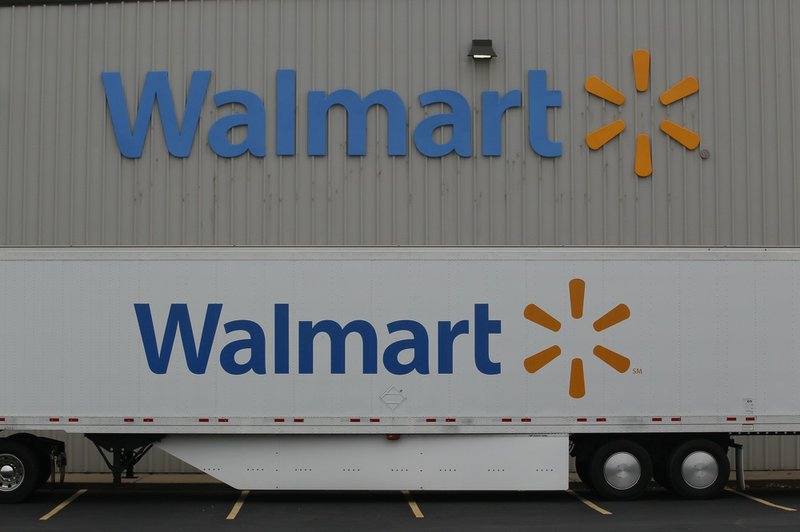Walmart Inc. says it's creating its own supply chain for Black Angus beef to meet customers' demand for more transparency about where their meat comes from. The retailer will still buy beef from Tyson Foods Inc. and other suppliers, the Bentonville retailer said Wednesday in a news release.
Walmart's all-natural, no-hormone-added beef will be sold as whole-muscle cuts such as steaks, roasts and ribeyes in 500 stores in the Southeast. A Walmart spokesman said the company wanted to ensure it started the venture on the right scale.
"Five hundred stores gives us an idea of what this can look like on a large enough scale while still maintaining consistency with the vast majority of our chain," she said. Also, one of Walmart's partners, FPL Food, has a facility in Thomasville, Ga., where the meat will be packaged and sent to stores. "That location guided our decision to launch in the Southeast," she said.
Regarding whether Walmart plans to do more of its own sourcing with other grocery items, the spokesman said the company is "focused on getting this program up and running." In the same vein, when asked if this pilot program will eventually be taken nationwide, she said, "Right now, we're focused on making sure we get this right for our customers."
"To answer our customer's demands, we need visibility into every step in the supply chain," Scott Neal, senior vice president of meat for Walmart U.S., said in a blog post Wednesday. "So, we're working with best-in-class suppliers to create an end-to-end Angus beef supply chain."
These include Bob McClaren of Texas ranch 44 Farms, who is helping Walmart source cattle raised on family farms and ranches; Mc6 Cattle Feeders, a family business that feeds and raises cattle in the Texas panhandle; and Creekstone Farms, which will process the cattle at its facility in Kansas. Creekstone is adding more than 250 jobs to handle Walmart's business, Neal said.
Also, Walmart's partnership with FPL Foods will create more than 200 jobs at its packing facility, he said.
Working with these partners, Neal said, "our beef program can truly change the dynamics of the beef industry." And McClaren said in Walmart's news release that "no bigger paradigm change has taken place in the beef industry" than Walmart's supply-chain effort to bring Angus beef all the way from pastures to stores.
A company called FutureBeef made a similar though ultimately unsuccessful effort about 20 years ago with its cattle business that controlled all aspects of its beef supply chain from genetics to retail. It supplied beef to Safeway, now part of Kroger parent Albertson's, for a year before filing for Chapter 11 bankruptcy reorganization in 2002.
Issues leading to FutureBeef's demise stemmed from bad timing, failed management and an unwillingness from the industry to adapt to the new model, Beef magazine reported on Nov. 1, 2002.
But Walmart's new sourcing strategy has some pluses for cattle ranchers, said Jason Apple, a meat scientist and professor at the University of Arkansas, Fayetteville. With its move into cattle production, Walmart now has more control over its product quality and consistency, consumer confidence goes up and cattle ranchers have "a way to reduce some of the risk that comes from the prices set at sale barns and terminal markets," Apple said.
"I think it can be a win-win for both sides," he said. "But it's a wait-and-see."
Business on 04/25/2019

